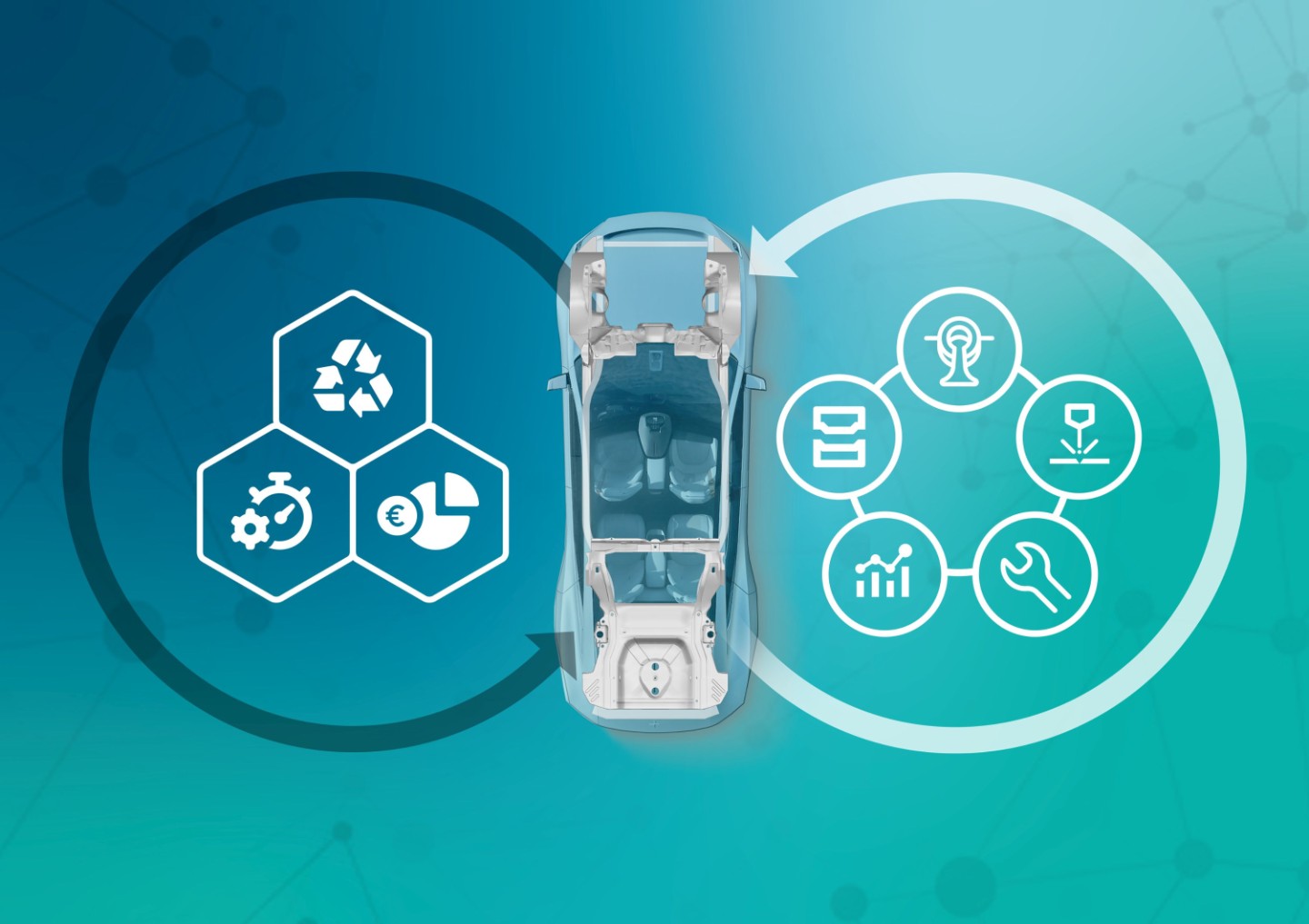Fraunhofer is tackling the current challenges facing industry head on. Its flagship projects put the focus on strategic objectives with a view to developing practical solutions from which economies such as Germany’s can benefit. The topics these projects address are geared towards economic requirements. By pooling their expertise and involving industrial partners at an early stage, the Fraunhofer Institutes involved in the projects aim to turn original scientific ideas into marketable products as quickly as possible. Below you will find an overview of the flagship projects involving our member institutes.
Fraunhofer Flagship Projects
Green ammonia as a decentralized, cross-sector energy vector for the German energy transition – AmmonVektor

The industrial demand for electricity and process heat in Germany is immense and will not be able to be met without imports of sustainably produced energy sources. One such energy source of the future is hydrogen. The disadvantage is that importing it by ship and decentralized distribution and storage are complex and therefore expensive. In addition, hydrogen transportation is not yet technologically mature. Solutions to these logistical challenges are being developed as part of AmmonVektor.
Experimental Vertical Take-Off and Landing Glider – ALBACOPTER®

Relocating parts of urban traffic into the air is not a dream for the future any longer. Within the ALBACOPTER® flagship project led by Fraunhofer IVI, an airborne experimental platform will be developed and approved for testing and demonstration flights that combines the VTOL capabilities of multicopters with the aerodynamic advantages of gliders.
FutureCarProduction – comprehensive approaches for the evaluation and development of integral car body concepts for sustainable vehicle manufacturing

The consortium behind the Future Car Production project aims to develop comprehensive approaches to assess new car body concepts in the automotive industry. To this end, methods, processes and technologies must be established to methodically evaluate and technologically guarantee ecological sustainability while meeting the conflicting priorities of technical performance and costs.
 Fraunhofer-Allianz Verkehr
Fraunhofer-Allianz Verkehr